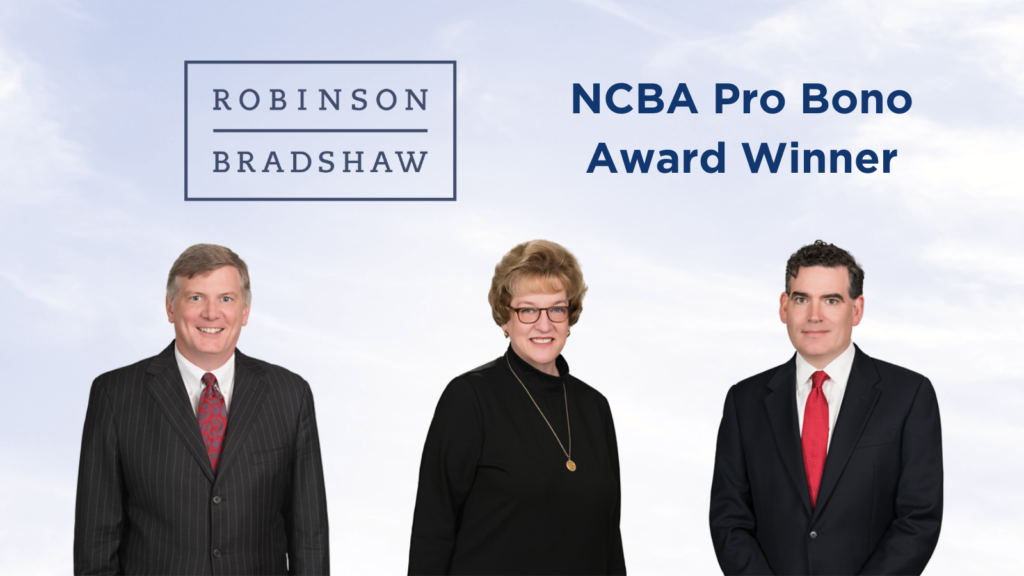**Updated October 15, 2021. Original Post June 25, 2021.**
There have been important changes to the Child Tax Credit (CTC) that will help many families receive advance payments this summer. In order to receive the new credit, you may need to take some steps to ensure you get the funds. Families who are filing taxes and do not currently receive the Child Tax Credit must take action before October 15, 2021, otherwise you will have to wait to receive the credit when you file your taxes in 2022. If your family does not earn enough to file taxes, and you want to get the child tax credit in monthly payments now, you must enroll online by November 15, 2021.
The CTC is a tax credit that taxpayers can get for each qualifying dependent child on their tax return. A tax credit directly reduces the amount of taxes you owe, giving you a dollar-for-dollar reduction of your tax liability. The CTC in 2021 is a fully refundable tax credit, meaning that eligible families can receive it, even if they owe no federal income tax. Before this year, the refundable portion of the CTC was limited to $1,400 per child.
The American Rescue Plan has expanded the CTC for the 2021 tax year. These changes will only apply for the 2021 tax year. The CTC has been revised in the following ways:
- An increase to $3,600 per qualifying child under the age of 6.
- An increase to $3,000 per qualifying child between the ages of 6 and 17.
Is My Family Eligible for the Credit?
Your family qualifies for the credit if:
- The child is your son, daughter, grandchild, stepchild or adopted child; younger sibling, step-sibling, half-sibling, or their descendent; or a foster child placed with you by a government agency.
- The child was under 17 at the end of 2020.
- The child has a valid Social Security Number.
- The child lived with you for more than half of 2021.
- The child did not provide over half of their own support for 2021.
To Qualify
Filers must have had a 2019 or 2020 adjusted gross income below the following levels to qualify for the full monthly payment:
- $75,000 for individual taxpayers
- $112,500 for heads of households
- $150,000 for married taxpayers filing jointly and widows/widowers
What to Expect
- The Internal Revenue Service (IRS) has started sending out letters to let families who it knows, based on tax returns, might be eligible to receive advanced monthly CTC payments beginning July 15.
- Eligibility is based on either a filers’ most recent tax return or information submitted to the IRS using the simplified sign-up tool.
- Families eligible for advance CTC payments will receive a second, personalized letter listing an estimate of their monthly payment.
- The advance CTC payments are worth up to $300 per month for each qualifying child under the age of six and up to $250 for each child between the ages of 6 and 17.
- The IRS will pay half of the total credit through the advanced monthly CTC payments and pay the other half of the credit when the taxpayer files their 2021 tax return.
- Taxpayers can verify their eligibility for the payments or opt-out of the advanced payment program by visiting the IRS Child Tax Credit Update Portal.
- For more information about the unenrollment process, including a schedule of deadlines for each monthly payment, visit the IRS FAQ page.
Eligibility is Determined from 2020 or 2019 Tax Returns
Filers who have filed a return in either 2019 or 2020 will not need to do anything. The IRS will take the information from those tax returns to determine eligibility for the advanced CTC payments. The IRS will only use a 2019 return if a 2020 return has not been filed or is otherwise unavailable to use.
What about Filers who don’t regularly file taxes?
Filers who have not filed for 2019/2020 may register online with the IRS simplified sign-up tool. This tool will allow non-regular filers to provide the IRS with the basic information needed to determine if they qualify for the CTC.
Who should unenroll?
Instead of receiving the advanced monthly payments, some families may prefer to wait until the end of the year to receive the entire credit as a refund when they file their 2021 tax return.
The unenroll feature may also be helpful to some families that no longer qualify for the Child Tax Credit or believes they will not qualify when they file their 2021 tax return. This could happen if, for example:
- Their income in 2021 is too high for them to qualify for the credit
- Someone else (an ex-spouse or another family member, for example) qualifies to claim their child or children as dependents in 2021
- Their main home was outside of the United States for more than half of 2021
What About Immigrant Families?
You can apply for and receive a tax credit with NO negative effect on any immigration application you might file. Immigration does NOT ask about tax credits or consider them negatively in your immigration application process.
Is a Social Security Number Needed to be Eligible for the CTC?
Parents are not required to have a social security number to be eligible for the CTC. However, parents must have an Individual Taxpayer Identification Number (ITIN) to claim the CTC for their eligible children.
Do Children need to have a Social Security Number to Qualify for the CTC?
Yes. The CTC is only available for children 17 years and younger with social security numbers.
What about Dependent College Students?
Dependent college children who are under the age of 24 at the end of the tax year, who are full-time students for at least five months of the year, and who are younger than the tax filer may be considered a qualifying child for the Earned Income Tax Credit (EITC). The EITC is a tax break that helps low to moderate-income taxpayers.
For more information, visit the IRS EITC page: https://www.irs.gov/credits-deductions/individuals/earned-income-tax-credit-eitc.
Additionally, dependent college children may be claimed for a $500 non-refundable tax credit as an Other Dependent Child. Claiming an Other Dependent Child will not affect advance CTC payments but may affect a qualifying filer’s 2021 tax return.
How to Receive CTC Payments?
The IRS is calculating this payment based on the most recent of 2020 and 2019 returns. Potentially qualifying filers should file their tax return as soon as possible to receive the CTC. Filers who have not filed for 2019/2020 may register online with the IRS simplified sign-up tool. Families who are not currently receiving the Child Tax Credit must take action before October 15, 2021, otherwise you will have to wait to receive the credit when you file your taxes in 2022.
Advanced CTC Payment Options
- The IRS will be using information from tax filers’ most recent tax returns or from non-filers tools to send out advanced monthly CTC payments. Eligible families will receive the advanced payments by direct deposit or check.
- Direct deposit is available to tax filers who include their bank information and select it as an option.
- Filers can also elect to have advance CTCs mailed out.
How to update direct deposit information
To update direct deposit information, families should use the Child Tax Credit Update Portal to provide the IRS with their most recent bank account information to receive their monthly payments.
To change the bank account receiving the advanced payments, update the routing number, account number and indicate whether this is a savings or checking account. The advanced payments will start going to this updated account August 13.
It is important to note that the advanced payments can only be direct deposited into one account.
How to switch from paper check to direct deposit
The Child Tax Credit Update Portal will indicate whether families are enrolled to receive their advanced payments by direct deposit. If they are not enrolled to receive their advanced payments by direct deposit, they will receive a check each month.
To receive the advanced payments by direct deposit, they can use the Child Tax Credit Update Portal to add their bank account information. The Update Portal will need their routing number, account number, and indicate if this is a savings or checking account.
The IRS urges any family receiving checks to consider switching to direct deposit. With direct deposit, families can access their money more quickly and eliminates the chance of a stolen, lost, or undelivered check.
Watch Out for Scams
The IRS urges everyone to be on the lookout for scams relating the advanced CTC payments. The only way for eligible families to get the advanced CTC payments is to have filed a tax return with the IRS or registered online through the non-filers signup tool, which can only be done on the IRS.gov website. These are the only two ways to get the advanced CTC payments; any other option is a scam.
People who receive emails, phone calls, or text messages related to advanced payments should be cautious. The IRS never sends electronic communications, which were not requested, to anyone asking them to open attachments or visit non-governmental websites.
For more information on how to protect yourself from scams, visit the IRS Tax Scams page. This webpage provides information on how scammers might target you to obtain your personal information or money.
We are still waiting on additional details from the IRS and will update our website with more information. For more information about the CTC, visit the IRS advanced CTC 2021 page at IRS.gov/childtaxcredit2021 or their FAQ page.

